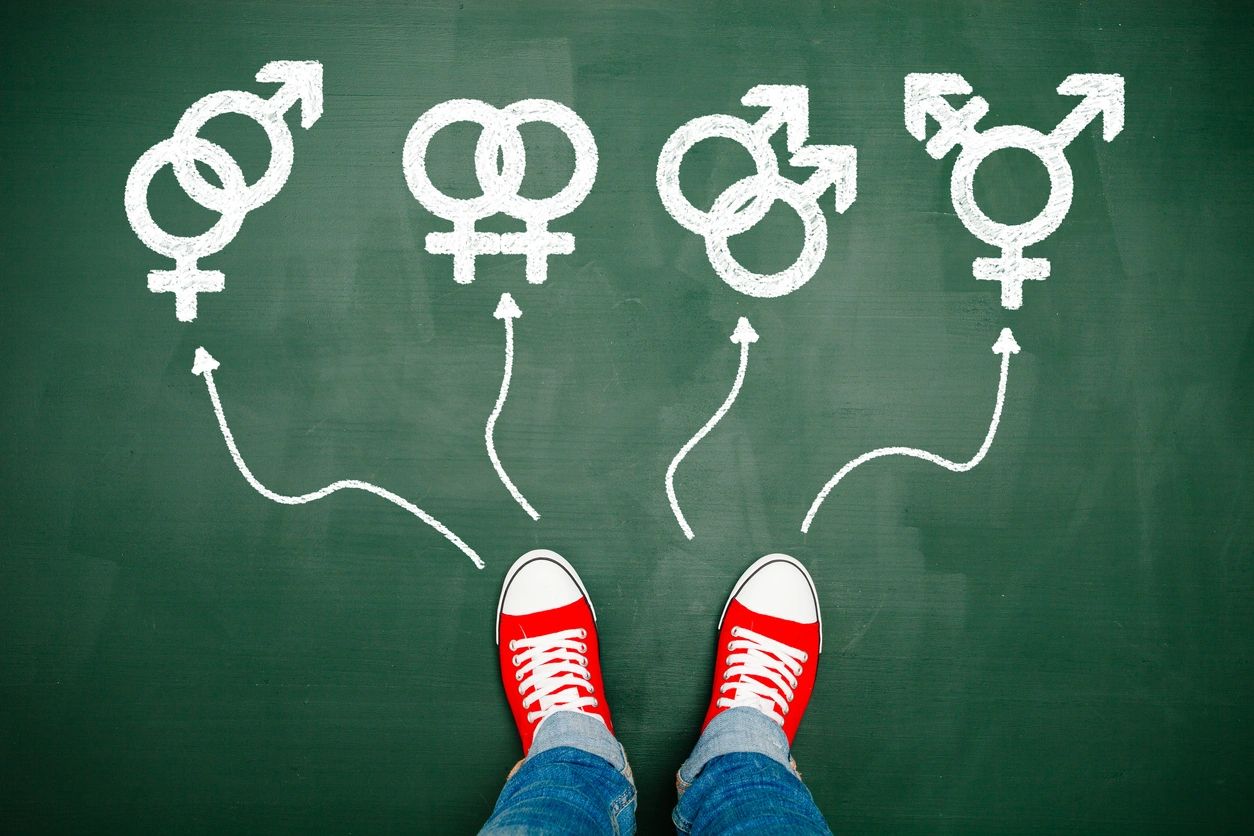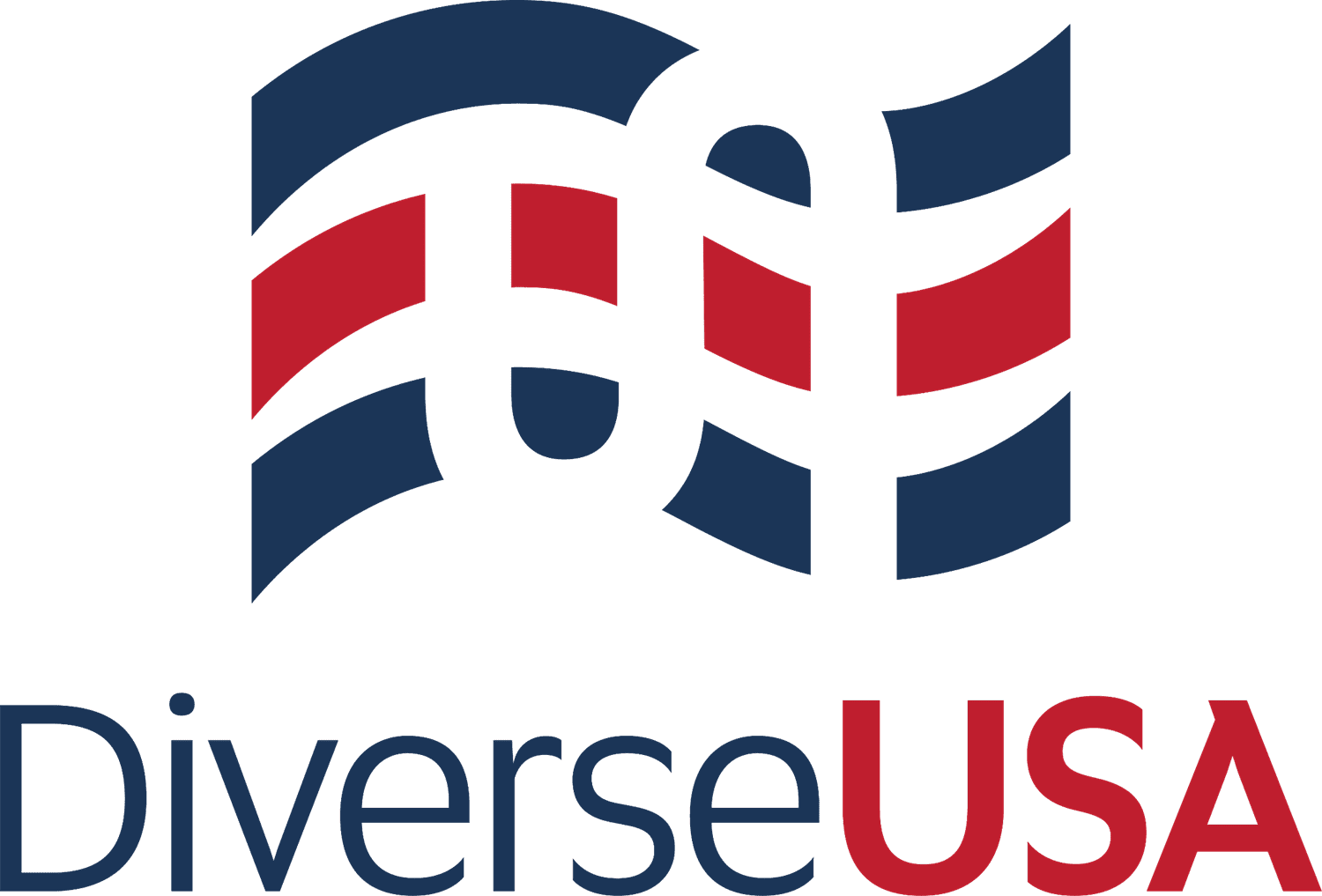
Defining “Gender” and “Sexual Identity”
Gender Pronouns, gender queer, transgender persons, and gay marriage are now commonplace in American society. A Federal policy requiring non-discrimination in employment and education, awareness of, and respect for all persons regardless of their gender identity and sexual orientation is established by the Biden Administration in:
Executive Order 13988: Preventing and Combating Discrimination on the Basis of Gender Identity or Sexual Orientation expands the discrimination protections previous offered solely on the basis of sex into the categories of gender identity and sexual orientation.
and
Executive Order 14021 (March 8, 2021) – Guaranteeing an Educational Environment Free from Discrimination on the Basis of Sex, including Sexual Orientation or Gender Identity,
and
With a growing LGBTQIA+ community in our country, it is imperative to learn who they are. We have compiled the following list of DEIA definitions to facilitate knowledge and discussion about gender pronouns and identity, sexual orientation, and associated terms:
Advocacy is taking action in service of a cause, and the people it affects, to influence decision-makers and decision-making.
Agender refers to individuals who do not identify as a specific gender.
Ally (or Straight Ally or Heterosexual Ally) is a heterosexual and cisgender person who supports and work is to improve the experience of LGBTQ+ people.
Allyship, is used in contemporary social justice activism to describe efforts in which a person in a position of privilege and power seeks to operate in solidarity with, and to advance the interests of, marginalized groups, both in society at large, and within particular social contexts, such as universities or workplaces.
Asexual refers to a person who experiences little or no sexual attraction to others and/or a lack of interest in sexual relationships/behavior. They may or may not experience emotional, physical, or romantic attraction. Asexuality differs from celibacy in that it is a sexual orientation, not a choice. People who are asexual may call themselves ace.
Binary (or Gender binary) is the classification consisting of genders, male and female; a belief that there are only two genders and that one’s sex or gender assigned at birth aligns with traditional social constructs or masculine and feminine identity, expression, and sexuality.
Bisexual (or Bi) refers to sexual attraction or sexual behavior towards both males and females, or to more than one gender; not necessarily at the same time, in the same way or to the same degree; this term is often used interchangeably with pansexual.
Diversity means the practice of including the many communities, identities, races, ethnicities, backgrounds, abilities, cultures, and beliefs of the American people, including underserved communities.
Equity means the consistent and systematic fair, just, and impartial treatment of all individuals, including individuals who belong to underserved communities that have been denied such treatment.
Gaslighting is a form of psychological manipulation that causes someone to question their feelings, thoughts, memories, sanity, or perception of reality.
Gay represents men who are attracted to men in a romantic, erotic and/or emotional sense.
Gender Fluid refers to someone whose gender changes over time, i.e. who identifies as a girl or a boy sometimes and genderless other times.
Gender Identity refers to the personal sense of one’s own gender, which can correlate with a person’s assigned sex at birth or can differ from it.
Gender-expansive identity generally refers to transgender people who do not identify on a binary scale either as a man or a woman and who may instead refer to themselves as genderqueer, gender-fluid, non-binary, or other terms.
Gender Pronouns fall into two major categories:
Gender Binary Pronouns: he/him/his for men, and she/her/hers for women.
Gender-Expansive or Gender Neutral/Gender Inclusive Pronouns: they/them/theirs as a singular term, or ze/hir/hirs.
Gendered Honorifics refer to titles such as Ms. or Mr. or Mx. (pronounced mix).
Inclusion means the recognition, appreciation, and use of the talents and skills of employees of all backgrounds.
Intersex refers to people born with any of 30 different variations in sex characteristics including chromosomes, gonads, sex hormones, or genitals that do not seem to fit the typical definitions of male or female.
Lesbian refers to a woman who has a romantic and/sexual orientation toward women; a homosexual woman; used interchangeably with gay woman.
LGBTQI+ is an acronym for the lesbian, gay, bisexual, transgender, questioning (and/or queer), and intersex community as a whole; the community represents a diverse range of identities and expressions of gender and sexual orientation; the plus represents other sexual identities, including pansexual and Two-Spirit, and reflects increased awareness of the need to be inclusive of other sexual identities to offer better representation.
LGBTQIA+, represents lesbian, gay, bisexual, transgender, questioning and/or queer, intersex, asexual and ally.
LGBTQI2S, represents lesbian, gay, bisexual, transgender, questioning and/or queer, intersex, and Two-Spirit.
Non-binary refers to people who does not identify as exclusively a man or a woman; they may feel like a mix of genders, or like they have no gender at all.
Omnisexual refers to someone who is sexually attracted to people of any gender regardless of their gender and sexual orientation; this term is often used interchangeably with pansexual.
Pangender is a term for people whose gender identity is not limited to one gender and may encompass all genders at once, and is often used as a self-identifier.
Pansexual refers to someone who is sexually attracted to people of any gender regardless of their gender and sexual orientation; this term is often used interchangeably with Omnisexual.
Queer refers to people who are not heterosexual or are not cisgender, an identity and/or orientation that does not align with heterosexual expectations; it is a community for those in the LGBTQIA+ spec
Questioning refers to an individual who is unsure of and/or exploring their gender identity and/or sexual orientation.
Sexual Orientation refers to a general grouping of people measuring sexual behavior or attraction, as either lesbian, gay, bisexual, or transgender.
Sponsorship (or Employment Sponsorship) refers to vouching for, supporting, advising, or helping fund another person or an organization or project.
Transgender refers to those whose sense of personal identity or gender does not correspond to their assigned sex at birth, or does not conform to gender stereotypes; i.e. are gender-non-conforming.
Some Relevant Articles:
- What are Gender Pronouns? Why Do They Matter?
- Agencies Already Have the Tools, Interest for Collecting LGBTQ Data in Decision-Making
- Managers, Here’s How to Be a Better Ally in the Remote Workplace
- 50 Years After Title IX, the Struggle for Gender Equity Continues in Sports and Beyond
Some Notable Podcasts:

